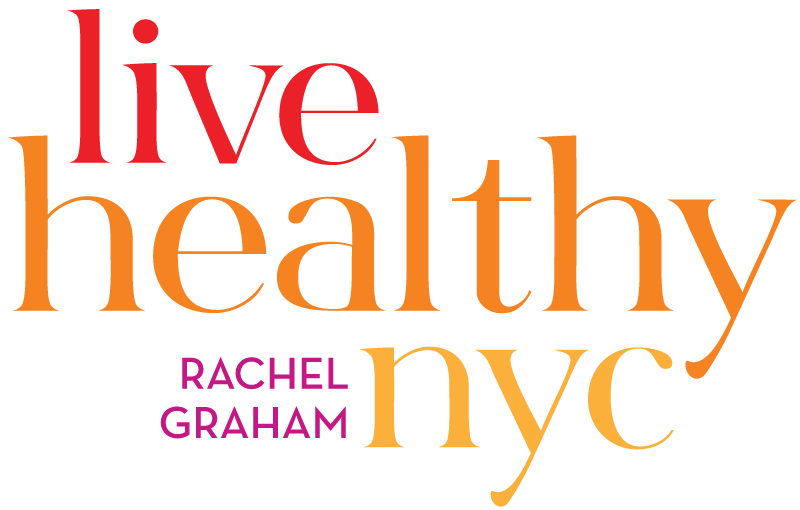Ever wonder why you crave warm hearty soups in the fall and winter and fresh mouth watering fruits in the spring and summer. Well, our environment, our culture, and our demographics impact what we eat. And on a basic level, we eat what is most available to us. People have always eaten regional foods- the foods that grow in the area. When in Italy, eat pasta! And when you come home from work starving, make sure you have some fresh veggies and fruit in your immediate reach (rather than a bag of chips and guac!). Years ago, in cold climates people relied on preserved foods, potatoes, and root vegetables from the cellar to make simple, sustaining dishes. The hearty stew is a familiar vestige of years when, during the colder months, people needed a cheap and palatable way to eat preserved vegetables and frozen meat. However, now with transportation, fresh fruits and vegetables are available across the country and at any time of the year.
We eat largely for pleasure. And one of the reasons I believe we eat seasonally is fruits and vegetable are at its peak during certain seasons. And it tastes so good!
So, what should you enjoy eating this spring? Here are a few of my favorites:
Asparagus, Apricot, Artichoke, Avocado, Mango, Morel, Pineapple, Peas. Click here for a delicious grilled appricot, arugula and goat cheese salad. And click here for an easy healthy asparagus soup recipe!
Enjoy this season and have a great day!




















